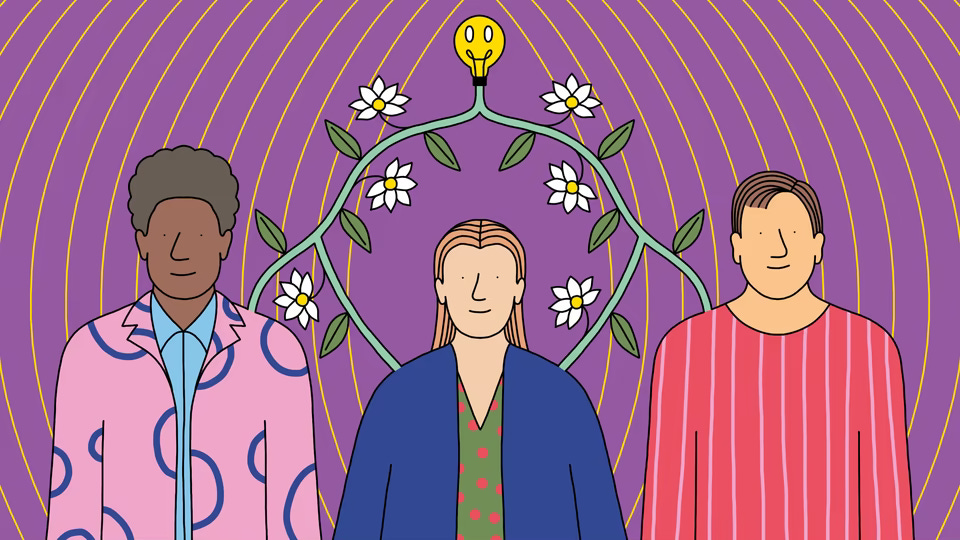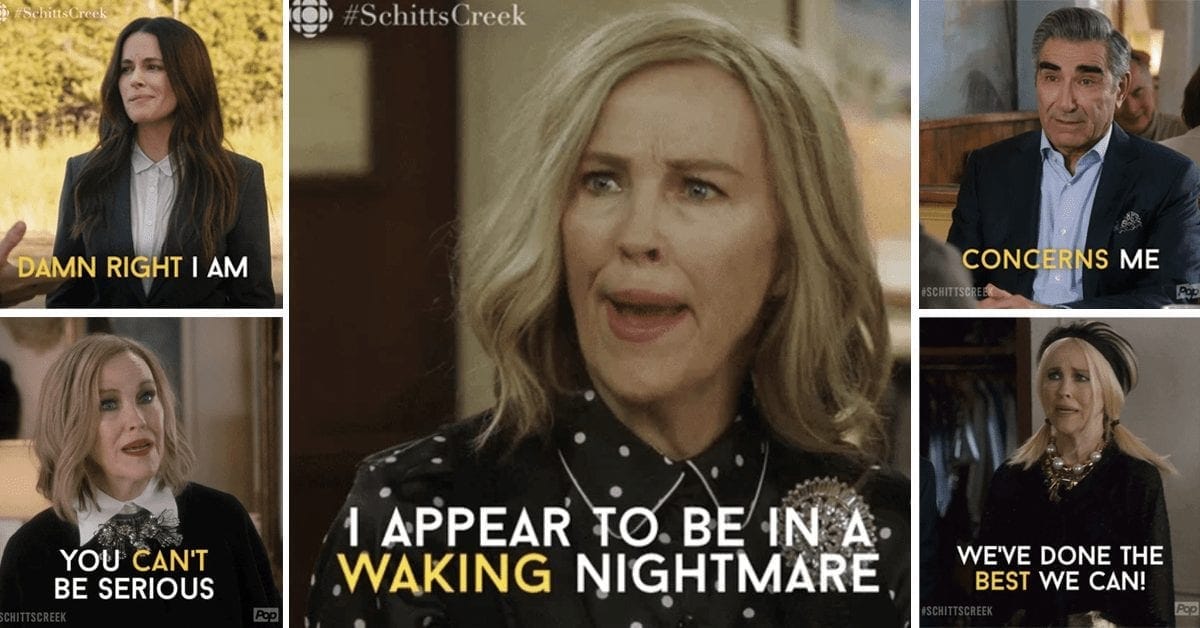A Spectrum of Stigma and Self-Esteem - Part 2
Understanding the Social Mind with Dr. Carol Jasper
This is part two of my interview with social psychologist, Dr. Carol Jasper about the nature of stigmatised labels and the strategies people use to protect their self-esteem. Part one is available here.
I see you mentioned three strategies drawn from the social psychology research. Firstly, you talked about people dismissing those who criticize them. Why do you think they do that, and does it really help them feel better about themselves?
Sure, if you can discredit the source, you don’t have to address the content of what they are suggesting. If someone presents clear scientific rationales for why you are mistaken in a belief, acknowledging that error can be difficult. Especially if you are already someone with low self-esteem or an elevated belief in your own ability to understand as a function of ‘doing your own research’. By so doing you protect yourself against any threat to your belief and your investment in that belief. Our social identities, and that includes those in online communities, can be a source of self-esteem. Belonging is crucial for well-being and since maintaining the beliefs are a necessary part of those online identities, avoiding criticism and deconstruction of the ideas is imperative.
Did that turn up in the replies you got?
Oh yes, indeed it did. Most asked why I was labelling people, that labels are derogatory. The labels, they argued lack nuance, they are all individuals, there was lots of ‘people like you’, ‘are you even a real dr’, ‘shut up Karen’, ‘pronouns in bio’, labelled a bot, shill, accused of gaslighting, and, memorably called a “spineless, limp wristed, woke fanny”. One person even stated my parents didn’t love me and that I’d die a lonely death eaten by cats and dogs. All this just for asking why those who publicly declare AV beliefs don’t like being accurately labelled in accordance with that belief as someone who is opposed to or ‘anti’ vaccines…
You brought up how some people try to distance themselves from the more extreme parts of their group. Were there examples of that in the replies?
There was - it’s astonishing how many people either don’t read what they reply to, or lack the insight to see they are fulfilling the purpose of the thread. This strategy is witnessed in the way people prefer to distance themselves from ‘anti-vaxxers’ by indicating that they are just anti ‘one’ vaccination. In this way they can remain as part of the group but divert the perception of stigma onto the ‘worst’ or ‘more extreme’ part of the group. They might say they have taken all their vaccinations up to this point. It is the vaccine equivalent of stating one cannot be racist because they have black friends. It is a way of avoiding the stigmatisation which certain beliefs attract such as racism or being anti-vax whilst still holding those beliefs.
It is almost certainly not true that they are just anti ‘this’ vax either. The decline in child vaccinations and the rise of measles for example in parts of the UK indicate that vaccines in general are falling in uptake. And that is very, very concerning from a public health perspective.
Indeed. The head of the CDC and the WHO have both stated that vaccine misinformation and the resulting vaccination hesitancy are two of the world biggest public health threats going forwards.
You pointed out the assumed moral superiority observed in certain groups, like the vegan community. How does this sense of superiority function psychologically to protect group members from stigma? Was that shown in the replies?
In terms of CTs, the source of the superiority is often being the ‘one’s in the know’. Possessing unique and special knowledge to which ‘ordinary’ people don’t have access. Often there is an elevation of their thinking abilities as noted earlier. We don’t believe what we are told – we resist the messaging – we are not sheeple. One said “I have a good nose for bullsh*t.” for example.
Except, the opposite often holds true. Most receive a substantial amount of their opinions from social media, very few ever read any scientific output which has not been repackaged, rarely is it bias checked, or with any editorial control, almost never is a counter-argument sought but they have been credited with critical thinking skills for being in the group . If you don’t know what criticality looks like in practice, I can see why so often believers assume that ‘critical thinking’ means believing differently to other people, being critical of mainstream opinion or messaging and not criticality per se. Interestingly, because CT believers tend to score poorly in critical thinking tests but also tend to be more gullible.
It's interesting that you said being in a stigmatized group can actually boost self-esteem for some. How does being part of a group that's often looked down upon end up being a good thing for people?
Strange isn’t it? It goes back to belonging and perhaps also relating to change. We talk about social mobility to describe moving from a lower status to a higher status group. In theory, there seems to be little to consider if you have the option to leave the stigmatised group for one which confers a higher status. However, people can, and do, refuse the offer to move. Not taking opportunities for social improvement can be explained by many factors; lack of confidence maybe, fear, but also by considering the benefits for remaining – being stigmatised can help to clearly define the in group, and also the out group doing the stigmatising.
Being stigmatised and in a lower social group can be physically harmful in terms of elevated risk of depression and anxiety for example but also, being routinely excluded or socially ostracised can be analogous to actual pain experience, it can hurt! That said, the more you invest in the stigmatised community to which you belong, the more protective that can be against the negative effects. Counter intuitive I know but these are the findings of many social psychologists studying inter group relations. Being in an identifiable group, investing in that group and sharing belief systems with that group can help you feel like you can control the stigma and discrimination your group elicit from others.
What are some good ways for people to have healthier conversations when they're confronted about their controversial beliefs or with a stigmatised identity?
It’s always best to be gentle. These are strongly held beliefs for all the reasons mentioned already. If you take away these beliefs – you have to replace them with something else? By the time a person is heavily invested in online conspiracy content, they are likely to have rejected modern institutions as corrupt. This tends to mean they don’t trust education, medicine, or science. See also government, legacy media and a range of officials/policing etc. Expertise is undermined in these online communities and dismissed as being paid for by [insert WEF, Gates, Big Pharma, etc.] so cannot be genuine or valid. Whilst religiosity is a risk factor for CT beliefs, most people are secular. So, whom does that leave for them to trust? And this is often deliberate. Trump was instrumental in popularising post-truth belief systems – why? If you can sow enough doubt about credible organisations – you can replace those with your own largely fact-free but influential ideologies. And it works. It really works. Why? Because people like to avoid ambiguity and plump for the dead cert and orators like Trump offer cast iron guarantees. Scientists caveat what they say with ‘maybe’, ‘likely; and ‘it’s possible.’ That is nowhere as convincing as ‘definitely’, ‘absolutely’ and ‘without a doubt’
So, be gentle, these are complex belief structures. Ask questions, ask how they know what they know, ask if they have checked it (fact checkers are out – they are ‘in on it’), ask if they have sourced information out with social media? This often leads to defensive mechanisms and being blocked but it does occasionally work and people can sometimes at least thank you for a good faith chat. They may not change their mind but maybe consider that not all of ‘them’ are bad. And that is a start as least…

From what you've seen on Twitter, how do you think platforms like these make the whole stigma thing better or worse?
Worse in some ways as I’ve mentioned but also at least we can see it and, analyse it!
In my experience, this all generally works far better face-to-face but sometimes twitter conversations pleasantly surprise me - it’s rare though. In your thread, you mentioned experiencing a 'pile-on' attempt and fulfilling the first point of discrediting the source. How do you personally handle such online interactions, and what advice would you give to others facing similar situations?
It’s important to distinguish between genuine and good faith discussion and trolls. Those I ignore. If people become abusive, I mute them. Nowadays I rarely block. I have had some great discussions and, I always have things to learn from others, especially about how they are persuaded, by whom and whose opinions they reject without consideration. Often these responses are, to some extent, learned and as such, can be unlearned. I try to be open to ideas that I disagree with and, if civility is maintained, I think those conversations can be mutually productive.
Yes, I can relate to this too. I rarely block either and I’ve found getting to understand how people have come to think the way they do is quite fascinating, even if they are quite hostile in how they approach me. It’s that particular subtype of troll, the sea lion, that I have the least time for.

I’ve had my fair share of unpleasantness, I try to be polite and not inflammatory. If I think a discussion is becoming consuming or destructive, I back out. I don’t need the last word – although, it has taken time for me to be better at that – I can be naturally combative, and I do enjoy lively debate. I haven’t always got any of that right, but I do keep trying to be better and I do often try to use a bit of humour and I love a Schitt’s Creek or an Office GIF. That, I am told, is not professional - but who wants an academic who can’t poke fun at themselves? I use memes and jokes in my teaching too - life is serious enough without taking ourselves far too seriously. Academics can be boring enough about our topics without failing to take, or make, a joke here and there.
I aspire to this too and I don’t always achieve it either. Keeping a sense of humour about it all is a valuable psychological survival skill.
What kind of research do you think we need next in this field, and how could existing findings help in practical ways, like shaping policies or health campaigns?
Ooh - that’s a big question. More on how to exit CT’s probably. I’ve been lucky enough to talk to Brent Lee a good deal and he is fascinating. I love hearing his story and his insights into what we could and should do better to help; it is a growing issue and it does damage people and their families. For me, digital literacy and critical thinking must be taught to our young people very early. How to validate a source, what is credible, how persuasion and influence operate. Knowing something of this could be protective and help to avoid some of the frankly horrifying misinformation out there! Don’t get me started on coffee enemas and detoxes, Paul!
Phew - I can confirm that I like my espresso the old-fashioned way!
Lastly, thanks again for answering my questions. I look forward to doing this again if you we find a topic of common interest. I hope you can stay around for any comments or questions others might have.
I’d like to – definitely and thank you for taking the time to consider this topic. It’s been really interesting for me to demonstrate how we can apply social psychology and, hopefully, help us to understand each other a bit better – and maybe – be kinder and more accepting of difference. Easier said than done, of course. 😊




